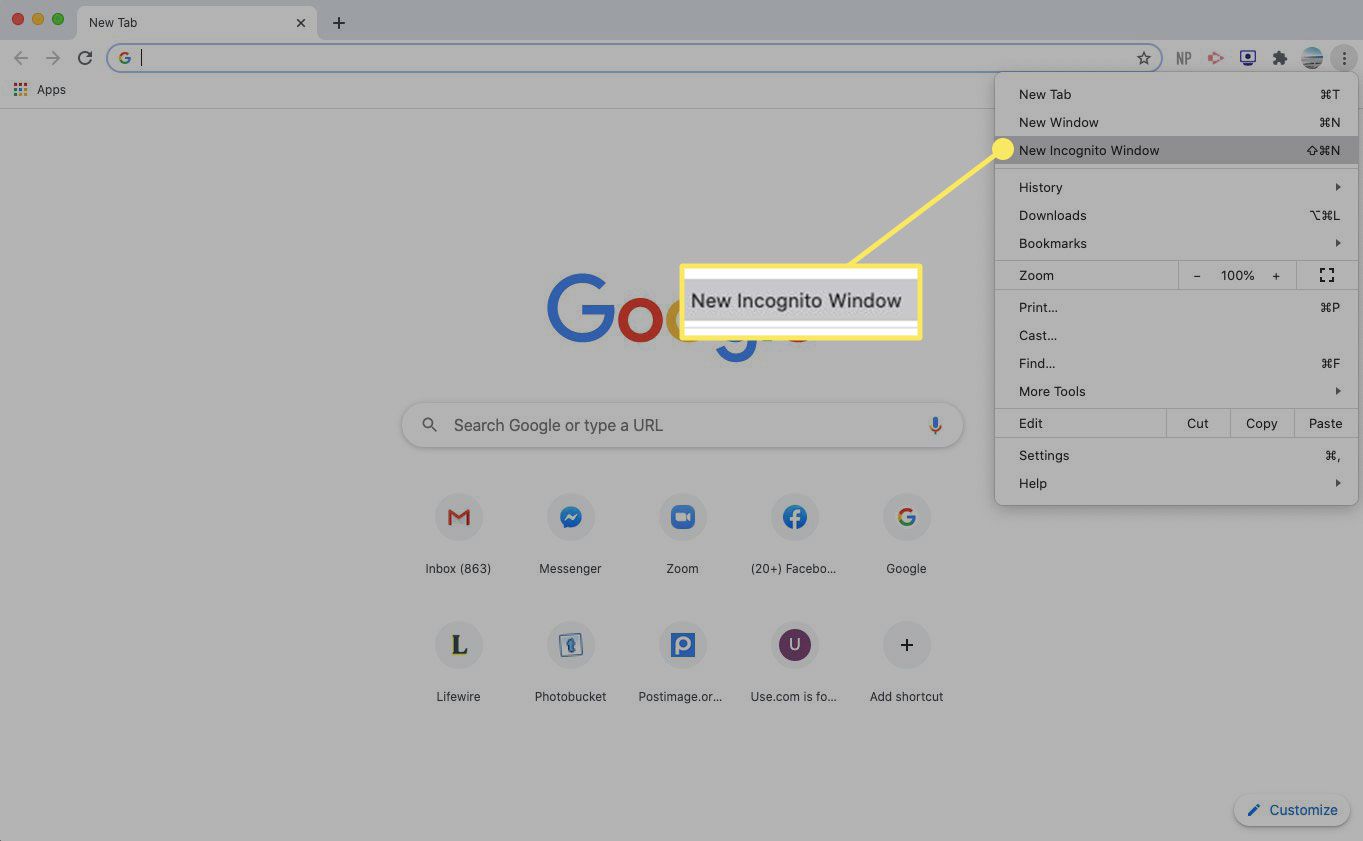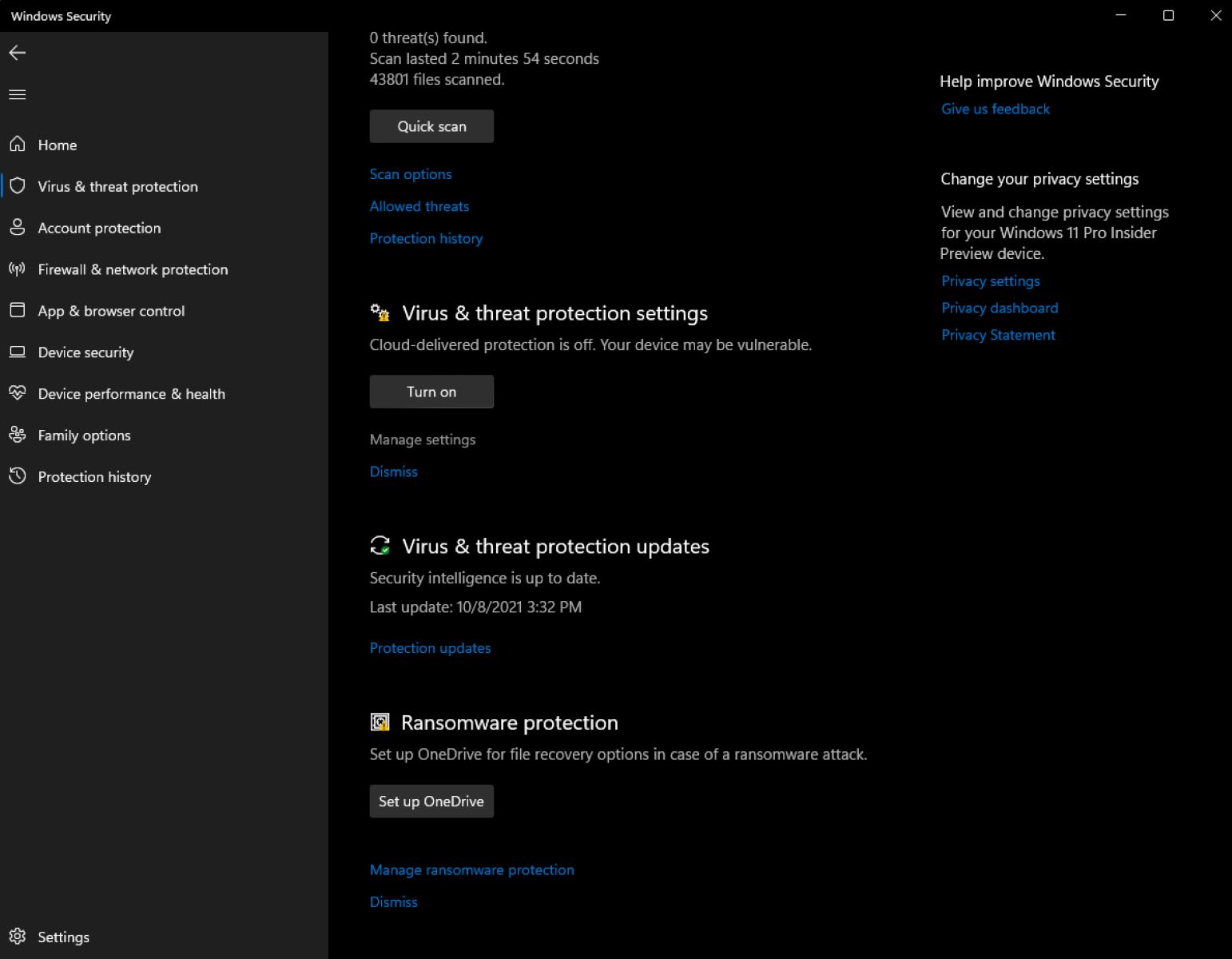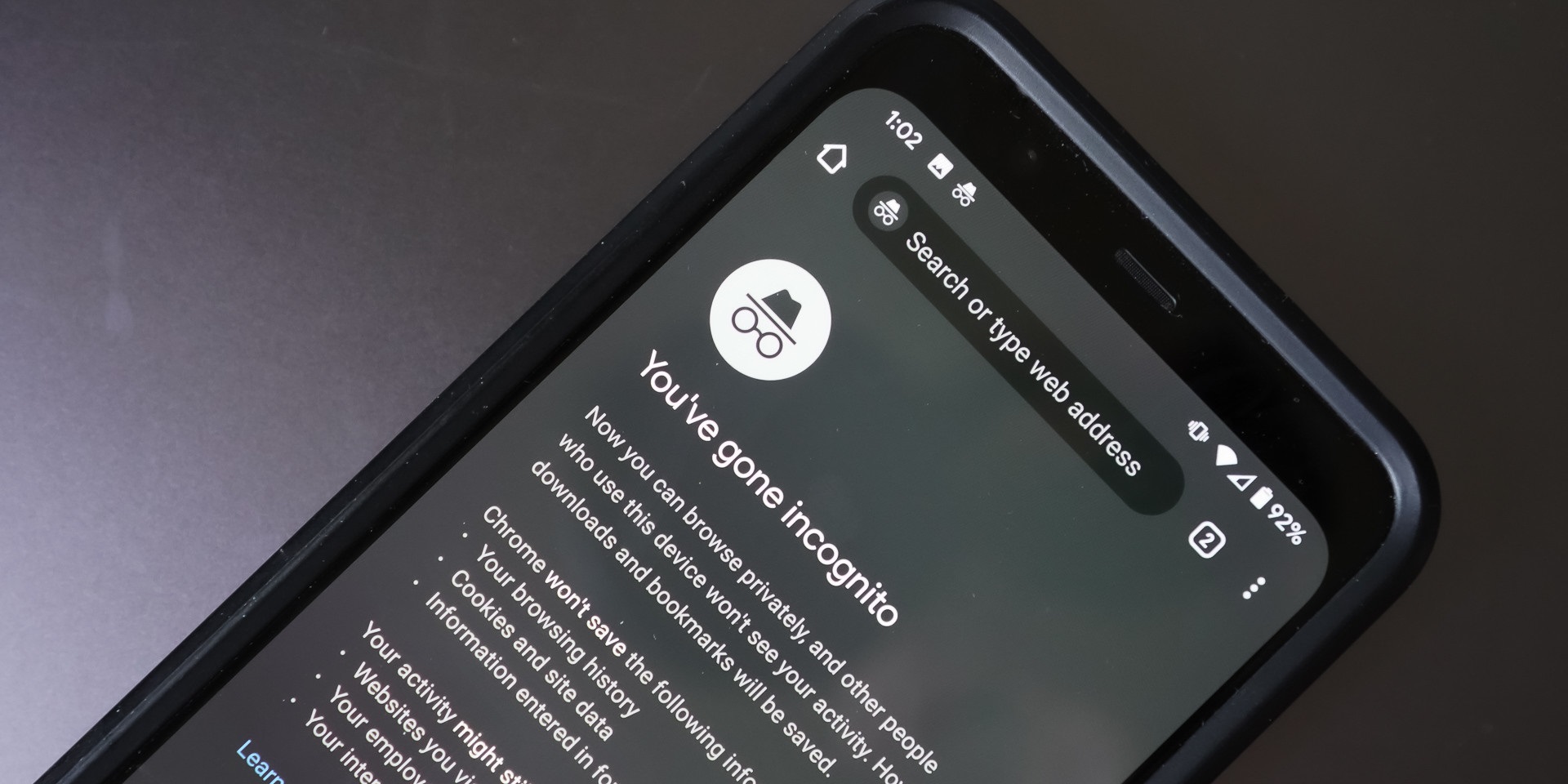Possible Causes of Chrome Closing Itself
-
Memory Overload: When Chrome uses an excessive amount of memory, it can lead to unexpected crashes and closures. This often occurs when multiple tabs and extensions are open simultaneously, causing strain on the system's resources.
-
Outdated Browser Version: Running an outdated version of Chrome can result in instability and frequent closures. New updates often include bug fixes and performance enhancements that address such issues.
-
Conflicting Browser Extensions: Certain browser extensions may conflict with each other, leading to instability within Chrome. When incompatible extensions are installed, they can disrupt the browser's functionality and cause it to close unexpectedly.
-
Corrupted User Profile: A corrupted user profile can trigger Chrome to close on its own. This can happen due to various reasons, such as software conflicts, abrupt system shutdowns, or malware infections.
-
Malware or Viruses: Malicious software can infiltrate the browser and cause it to behave erratically, including sudden closures. Malware and viruses can compromise the stability and security of Chrome, prompting it to shut down unexpectedly.
-
Hardware Issues: In some cases, hardware-related issues such as overheating, faulty RAM, or a failing hard drive can lead to Chrome closing itself. These issues can impact the overall system performance, affecting the stability of the browser.
-
System Resource Constraints: Running Chrome on a system with limited resources, such as low RAM or processing power, can result in frequent closures. When the system struggles to handle the demands of the browser, it may force Chrome to shut down unexpectedly.
-
Incompatible Software: Certain third-party software installed on the system may conflict with Chrome, causing it to close unexpectedly. This can occur when the software interferes with Chrome's processes or utilizes system resources in a way that disrupts the browser's operation.
Understanding the potential causes of Chrome closing itself is crucial for effectively troubleshooting and resolving the issue. By identifying the underlying factors contributing to these unexpected closures, users can take targeted steps to address the specific root cause, thereby improving the stability and performance of their Chrome browser.
How to Troubleshoot Chrome Closing Itself
When faced with the frustrating issue of Chrome closing itself unexpectedly, it's essential to employ systematic troubleshooting methods to identify and address the underlying causes. By following these steps, users can effectively diagnose and resolve the problem, restoring stability to their browsing experience.
1. Update Chrome
Start by ensuring that Chrome is running the latest version. Updates often include bug fixes and performance enhancements that can address issues leading to unexpected closures.
2. Disable Extensions
Temporarily disable all browser extensions and add-ons to determine if any of them are causing conflicts or instability within Chrome. Gradually re-enable them one by one to pinpoint the specific extension that may be triggering the closures.
3. Clear Browsing Data
Clearing the browser's cache, cookies, and browsing history can help eliminate corrupt or outdated data that might be contributing to Chrome's instability. This can be done through the browser's settings under the "Privacy and security" section.
4. Create a New User Profile
If the issue persists, creating a new user profile in Chrome can help isolate and resolve problems associated with a corrupted user profile. This can be achieved by accessing Chrome's settings and creating a new profile under the "People" section.
5. Scan for Malware
Perform a thorough scan of the system using reputable antivirus software to detect and remove any malware or viruses that may be affecting Chrome's stability. Malicious software can compromise the browser's performance and lead to unexpected closures.
6. Check System Resources
Monitor the system's resource usage, including CPU and memory, while Chrome is running. High resource consumption can indicate underlying issues that may be causing the browser to close unexpectedly. Closing unnecessary background processes can help alleviate resource constraints.
7. Reinstall Chrome
If all else fails, consider reinstalling Chrome to ensure a clean installation free from any potential corruption or conflicts. Before reinstalling, ensure that all bookmarks, settings, and important data are backed up to prevent data loss.
By systematically troubleshooting the potential causes of Chrome closing itself, users can identify and address the specific factors contributing to the issue. This proactive approach not only helps resolve the immediate problem but also contributes to a more stable and reliable browsing experience in the long run.
Tips for Preventing Chrome from Closing Itself
Preventing Chrome from closing itself unexpectedly requires a proactive approach aimed at addressing potential triggers and enhancing the browser's stability. By implementing the following tips, users can minimize the likelihood of encountering sudden closures and maintain a seamless browsing experience.
1. Manage Browser Extensions
Regularly review and manage browser extensions to ensure that only essential and reputable add-ons are installed. Limiting the number of active extensions can reduce the risk of conflicts and resource strain, thereby contributing to a more stable browsing environment.
2. Monitor System Resources
Keep an eye on the system's resource usage, particularly when running Chrome with multiple tabs and applications. Monitoring CPU and memory usage can help identify potential resource constraints that may lead to unexpected closures. Closing unnecessary background processes can alleviate resource strain and enhance Chrome's stability.
3. Update Chrome and Extensions
Stay vigilant about keeping Chrome and its extensions up to date. Regular updates often include bug fixes, security patches, and performance improvements that can address underlying issues contributing to unexpected closures. Enabling automatic updates for both the browser and extensions can ensure timely enhancements.
4. Clear Browsing Data Regularly
Frequently clear the browser's cache, cookies, and browsing history to prevent the accumulation of corrupt or outdated data that could impact Chrome's performance. This simple maintenance task can help maintain the browser's stability and reduce the likelihood of unexpected closures.
5. Utilize Built-in Chrome Tools
Leverage Chrome's built-in tools, such as the Task Manager, to monitor and manage individual tab and extension processes. The Task Manager provides insights into resource usage, allowing users to identify and address any tabs or extensions consuming excessive resources that may contribute to unexpected closures.
6. Implement System Security Measures
Maintain robust system security by using reputable antivirus software and keeping the operating system up to date. Regular system scans and security updates can help detect and prevent malware or viruses that may compromise Chrome's stability and trigger unexpected closures.
7. Optimize System Performance
Take steps to optimize the overall performance of the system, including ensuring adequate ventilation and cooling for the hardware. Overheating or hardware-related issues can impact Chrome's stability, so maintaining a well-functioning system can contribute to preventing unexpected closures.
By proactively implementing these tips, users can significantly reduce the likelihood of Chrome closing itself unexpectedly. This proactive approach not only enhances the stability of the browser but also contributes to a more reliable and enjoyable browsing experience.

























